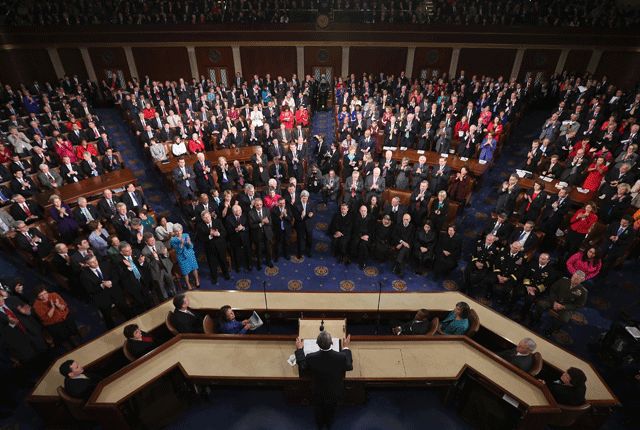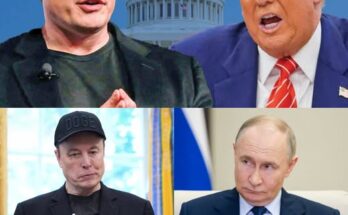
On February 28, 2025, The People’s Union USA orchestrated a 24-hour economic boycott, termed the “Economic Blackout,” urging consumers nationwide to abstain from patronizing major retailers, gas stations, and fast-food establishments. This initiative aimed to highlight consumer influence over the economy and protest against corporate practices perceived as detrimental to societal equity and economic fairness
Origins and Objectives
The People’s Union USA, founded by John Schwarz—a musician and meditation teacher—positions itself as a non-partisan grassroots organization dedicated to economic resistance against corporate dominance and political collusion. The Economic Blackout sought to:
- Demonstrate Consumer Power: By refraining from spending at major corporations, the boycott intended to showcase the pivotal role consumers play in sustaining the economy.
- Advocate for Systemic Reforms: The movement’s broader goals encompass eliminating federal income taxes, ensuring affordable access to basic goods, implementing universal healthcare, and instituting term limits for Congress members.
Guidelines for Participation
Participants were encouraged to:
- Avoid Major Corporations: Refrain from shopping at large retailers such as Amazon and Walmart.
- Support Local Businesses: For essential purchases, consumers were advised to patronize small, local establishments and use cash to minimize electronic transaction records.
- Forego Non-essential Spending: Avoid expenditures on fast food, gasoline, and online shopping during the 24-hour period.
Catalysts for the Boycott
Several factors contributed to the boycott’s inception:
- Corporate Rollbacks on DEI Initiatives: In the wake of policy shifts under President Donald Trump’s administration, numerous companies reduced their diversity, equity, and inclusion (DEI) programs. This regression prompted public outcry and calls for accountability.
- Rising Consumer Prices: Escalating costs for essential goods and services intensified consumer frustration, leading to collective action against perceived corporate greed.
Public Engagement and Support
The Economic Blackout garnered significant attention across various demographics:
- Diverse Participation: Individuals from different backgrounds, such as Eric Butcher and Lisa Rayner, actively supported the boycott, emphasizing the importance of economic activism in effecting change.
- Social Media Amplification: Platforms like Twitter and Facebook buzzed with discussions, endorsements, and personal accounts of participation, amplifying the movement’s reach.
Critiques and Counterarguments
While the boycott aimed to send a powerful message, it faced skepticism regarding its potential impact:
- Economic Impact Uncertainty: Experts debated the efficacy of a one-day boycott, suggesting that such short-term actions might not significantly affect large corporations’ revenues.
- Potential Backlash: There were concerns that the boycott could inadvertently motivate counter-purchases or prompt businesses to offer promotional deals to offset potential losses.
Future Initiatives
Building on the momentum of the February 28 boycott, The People’s Union USA announced plans for:
- Subsequent Blackouts: Another broad-based economic blackout is scheduled for March 28, aiming to reinforce the movement’s objectives.
- Targeted Boycotts: Weeklong consumer boycotts of specific corporations, including Amazon, Nestlé, Walmart, and General Mills, are planned to address particular grievances with these entities.
Conclusion
The Economic Blackout of February 28, 2025, underscored a growing sentiment among consumers to assert their influence over economic structures and corporate behaviors. While the long-term impact of such boycotts remains a topic of debate, the movement reflects a collective desire for systemic change and corporate accountability.


